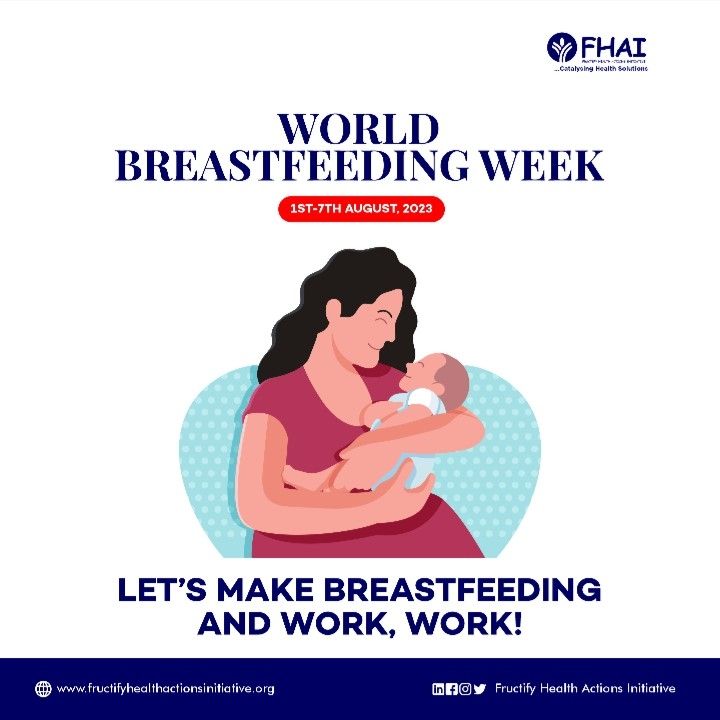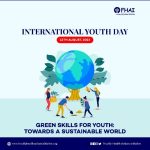Do you know that?
▪︎More than half a billion working women are not given essential maternity protections in national laws.
▪︎Just 20% of countries require employers to provide employees with paid breaks and facilities for breastfeeding or expressing milk, and
▪︎Fewer than half of infants under 6 months of age are exclusively breastfed.
Therefore, to address these issues and push the global prevalence of exclusive breastfeeding from the current 48% to the global 2030 target of 70%, the barriers women and families face to achieve their breastfeeding goals must be proactively addressed by all stakeholders. Governments, policymakers, workplaces and communities should promote and implement policies that allows every woman to have at least 18 weeks (preferably 6 months+) of paid maternity leave, paid time off for breastfeeding, access to regular breastfeeding breaks and a room where mothers can breastfeed or express milk upon returning to work. Interestingly, these policies have advantages that ranges from reduction of maternity-related absenteeism to increase retention of female workers and the reduction of the costs of hiring and training new staff; that ultimately translate to economic gains. It is also important to know that protecting, promoting and supporting breastfeeding addresses inequalities that stand in the way of sustainable development.
As we join hands with others, let us remember that breastfeeding is easier when the workplace provides support and dedicated time and space for mothers to breastfeed or express their milk.
Let us all step up to support mothers!



